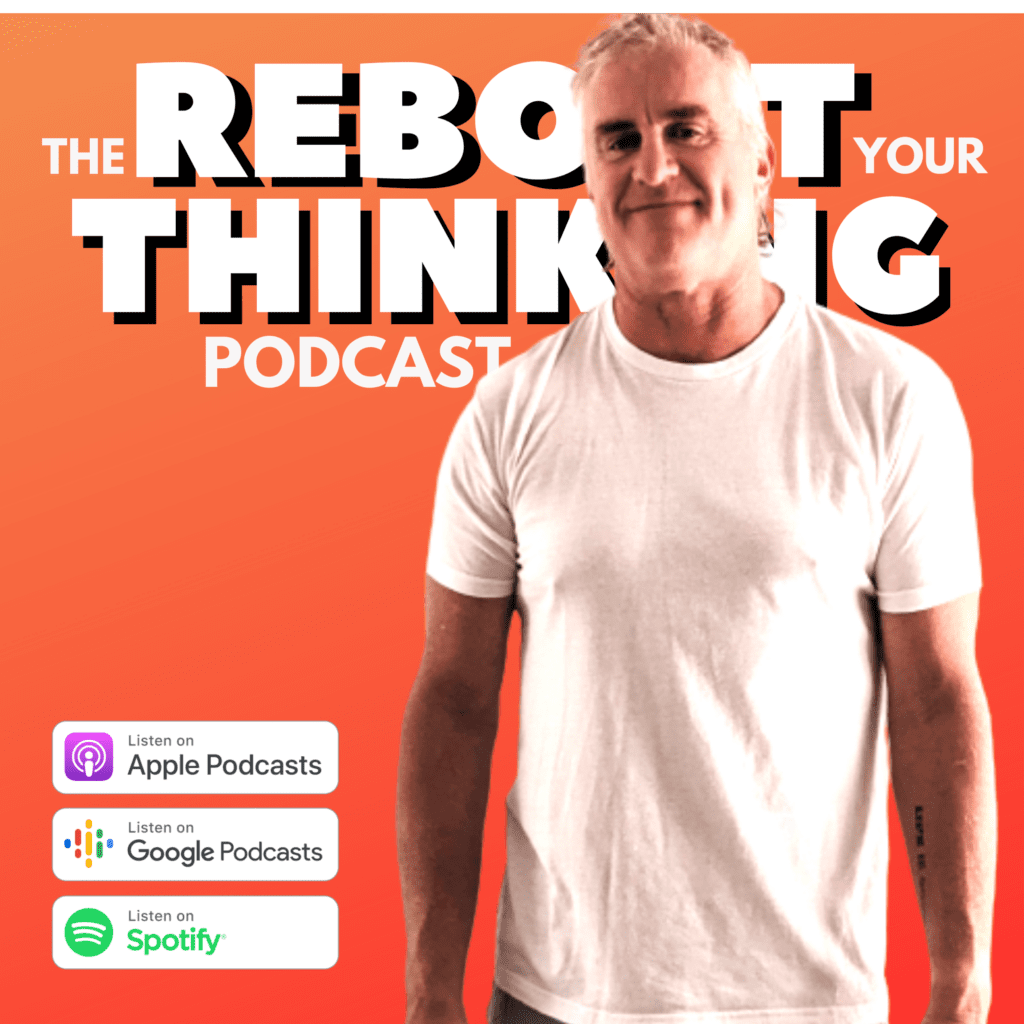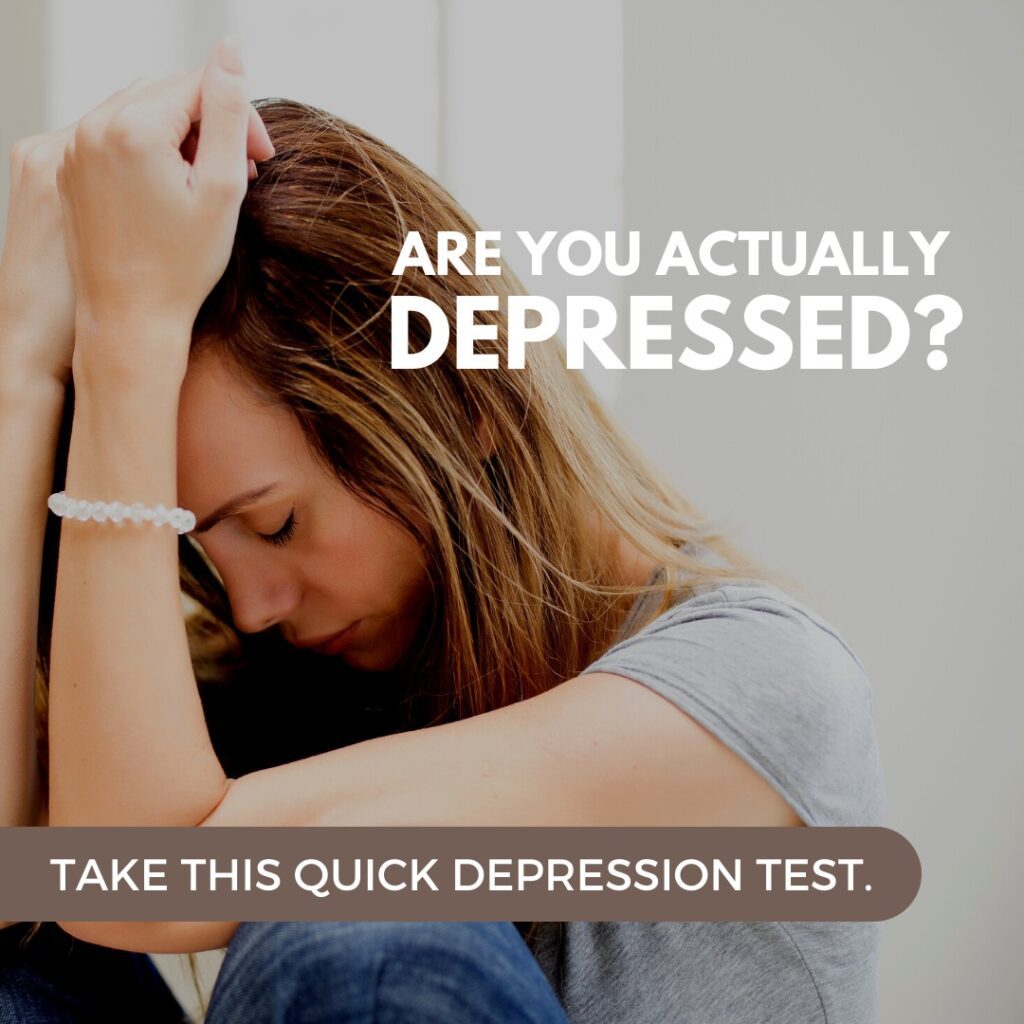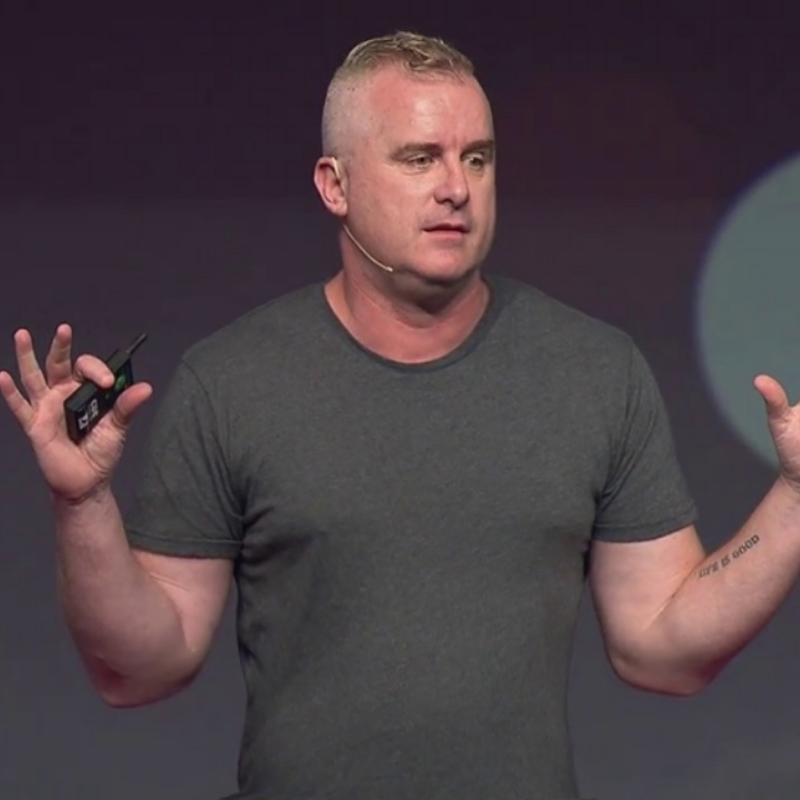Having to make complex (or even simple) decisions every day can be really draining and lead to decision fatigue and impaired mental health. Here are a few tools I use (including wearing the same $10 shirt every day) to combat decision fatigue in my life.
Decision fatigue, originally coined by the social psychologist Roy F. Baumeister, is the emotional and mental strain resulting from a burden of choices.
I know, that sounds like a really dramatic way of saying you have a lot of options in your life, and isn’t that a really good thing? But actually, having too many options, and considering and deciding on those options every day, or every couple of hours, can be really tiring, and have a really negative effect on your mental health and your self-esteem.
We all have to make loads of decisions every day. Most of them we make without even thinking about them, or even being aware that there is another option sometimes. We decide what time to set the alarm for, when to get up, even to get up, what to have for breakfast, what to wear, what work we are going to try to get done today, or what fun we want to try to have.
By the time we go to bed at night, the average person has made 35,000 decisions. And that’s draining. It adds a level of mental tiredness to our general physical tiredness after a normal day, and because you are rarely aware of it, you can just pass it off as being tired, or getting old, or being cranky.
And it might cause you to jump to conclusions, make decisions hastily and maybe foolishly, because our brains are so desperate to find a shortcut or an easier way.
Or, it can cause us to shut down more, to close ourselves and make no decisions, to do nothing.
Decision fatigue isn’t about choices, it’s about willpower.
Baumeister talked about this fatigue being linked to a depletion of your ego.
As opposed to saying decision fatigue was about having too many choices, or too many decisions to make, he said it was more about having only a limited amount of willpower, and once that’s all gone, then you start to make poor choices.
I think most of us can relate to being ‘tired’ and making terrible decisions as a result of it. But Baumeister said that if you worked for a longer time, experienced a greater level of stress or anxiety in your work day, or were forced to make more complex (or even simple) decisions than you should be, you use up your ‘willpower stores’ that much faster.
WATCH
Fighting decision fatigue.
Decision fatigue is definitely something that I live with, and have to work around where I can. I try to minimise the number of decisions I have to make each day, and I definitely try not to let other people’s decisions affect my own either.
How the black Cotton On Longline Curved Hem T-shirt helps with my decision fatigue
I’m not on Cotton On’s payroll here (if you’re reading this though guys, get in touch!), but this very simple piece of clothing has changed my life. This is the same shirt that I wear every day when I work (and most days when I don’t).
Side note: I have lots of them, it’s not the same shirt every day.
I wear them until they are basically falling apart, and then go to Cotton On to buy another couple when they do. They sell them at 2 for $20, so it’s not a huge expense, really.
But it’s not just because they are cheap and comfortable and plain that I like them. it’s because they take away one big decision in my day: what to wear. I have a few pairs of jeans which I loosely rotate, couple of pairs of Havaiana thongs (flip flops), and these black t-shirts, whether I am on stage in front of a thousand people, on a podcast, making video content, or doing therapy sessions with my clients.
And given that I have to make some big and important decisions, and exert a lot of mental strength, performing some of those daily duties, not having to decide to wear while I do them is a massive bonus for me.
For me, it’s about minimising the decisions that have a low return for me.
So that’s one thing that helps me with decision fatigue, but how you can spot if it might be a problem for you too?
How to spot if you have decision fatigue
There are four main markers for decision fatigue in a person’s life. See if you can relate to any of these:
You consistently avoid making a significant decision.
Actually, not just significant decisions, but saying to yourself that you can’t deal with something right now, and instead just putting it off, and that becoming a consistent behaviour for you might be a marker for it.
You struggle with indecision generally.
Apart from putting off decisions, a lot of the time you just flat out refuse to many any at all. You choose social isolation rather than attending an event, you end up not buying a car at all after looking at and test-driving five different ones, and so on.
You put everything off, all the time.
Procrastination is your default position. You put a decision off long enough, it might just go away and not need to be made after all, right? But that doesn’t happen, more than it does, and your level of overall stress and mental health generally suffers.
You are impulsive, if you make a decision at all.
If you find yourself making impulsive (often dumb) decisions, or losing yourself into an addictive agent, substance, or behaviour more than usual, that could be a sign that decision fatigue is happening for you too. Finding some awareness of yourself in this way can be the best way to head that off.
How I live with decision fatigue
That same self-awareness is also the best way that I manage decision fatigue in my life. When I can make decisions more purposeful and more pragmatic, and when I can be aware of what decisions need to be made now, which can wait, and which don’t need me to make them anyway, I am much better off too.
Here are a few things that might help you if you, too, live with decision fatigue.
Prioritise decisions
The simple act of assigning priority to each decision that needs to be made each day is a huge intervention I do to improve the decision fatigue for me.
But the biggest win in prioritising decisions isn’t just that some things actually get done, but that I make the most important decisions each day when my energy level is at its best.
And then I prioritise self-care
This isn’t just a defence against decision fatigue, of course, but it’s certainly useful here. Seemingly little things like moving every day, eating well as much as possible, getting enough sleep, meditating, journalling, all the good stuff.
I systemise decisions
I have a system for decisions now, and I really wish I had developed my version of a decision tree a long time ago.
It’s much more simple than it sounds. It just gives me a chance to take a breath and make a reasonable and thoughtful decision, if it even needs to be made. As opposed to just creating two lists – one for, one against – my decision-making system adds the extra dimension of prioritising decisions and thereby helps me relieve that fatigue surrounding my decisions.
I limit the options available to me to systemise
I know the definition of freedom and even success for some people is having loads of options available to you, but I find, instead, that can be a really limiting thing for me and my mental state.
If I have too many decisions, it can be disastrous for me.
Let’s say I wanted to buy a new fridge.
Logic and pragmatism would say that I should go to multiple stores, do a lot of research online, ask for recommendations from people I know, and then pore over all of that collected data in order to make the right decision.
But in reality, that just means I invest way too much energy in collecting the data, comparing it all, deciding something and then second-guessing myself, and the whole time all of this is going on, my energy level and my ability to deal with the myriad other things going in my life all the time is just being eked away.
I’m lucky here though, because my decision tree doesn’t let me have that many options available to me anyway. It’s not that I just jump at the first fridge I see, but honestly the choice is most likely going to be out of the first two I look at or look into.
As usual, routine is the answer for me
Routine helps me here with decision fatigue too, because it lets me set up my day in a way that allows me to have very few decisions to actually make. When I go to bed, when I wake up, what I eat, when I train, what I wear, what I do, what I watch, and who I do all that with, are all things that routine dictates rather than be things open to suggestion or chance or decision.
I make the big decisions in the morning.
And part of that routine is to funnel any meaningful decisions that I need to make each day into the first part of the day when my energy levels are at their highest.
I know from experience that decisions I make late in the afternoon, or at night (and absolutely the ones I make at 1am) are usually very poor. And science backs this up.
For most of us, decisions made in the morning tend to be wiser, more thoughtful, reasonable, risk-averse, and tactical. As the day continues, most of us start to make decisions that are more and more risky or impulsive or more like a punt than a considered decision.
If you’re anything like me, try to keep your big, important decision making to the first few hours you are awake each day.
Conclusion.
It might not mean you wear the same thing every day (I know – for.a fact – that most people have much better fashion sense than I do) but maybe even just laying out what you are going to wear tomorrow before you go to bed might be enough to help you relieve some of your own decision fatigue.
Maybe you don’t eat the same thing for lunch, but you try to have your break for lunch at around the same time, as routine as possible.
Or maybe you just try to make your biggest, most important, and most impactful decisions when your energy and your mental capacity is at its highest.
With so many simple options to overcome decision fatigue, I just hope I haven’t given you too many choices to choose from!



















